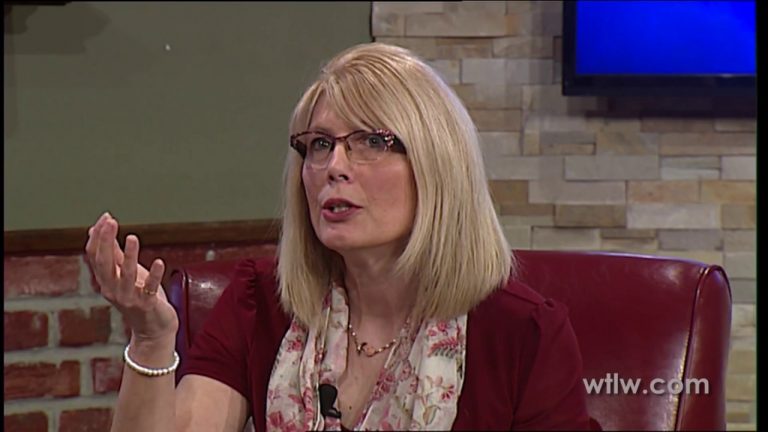
Northwest Ohio resident, and Ohio Director for Concepts of Truth (COTI), Sherry Neunschwander, was among a delegation who attended the 56th session on the Commission for Social Development. This was held at the United Nations and was a follow up to the World Summit for Social Development. It was also the 24th special session of the General Assembly with a theme of “strategies for the eradication of poverty to achieve sustainable development for all.”
Addressing the UN about Poverty
COTI’s statement focused on the belief that eradicating poverty requires more than filling the financial need. COTI believes there are other emotional needs to address in order to end the cycle.
The following is a portion of COTI’s statement to the UN:
“Poverty continues to be a pervasive problem worldwide. Although extreme poverty rates have been cut by more than half since 1990, one in five people in developing regions still lives on less than $1.90 a day, and there are millions more who make little more than this daily amount.
“Over 700 million people still live in what the U.N. classifies as extreme poverty, and women are disproportionately more likely to live in poverty than men due to unequal access to education and paid work. Moreover, every day tens of thousands of people abandon their homes to seek protection from conflict, leaving them displaced and destitute.”
Beyond Money
Poverty, however, is more than the lack of income or resources. A UN report found it includes hunger, malnutrition, limited access to education, social discrimination, and exclusion. It also includes the lack of participation in decision making. It’s multidimensional: in essence, material poverty frequently coexists with educational, social, and emotional poverty.
As Citizens for Public Justice explains, “Material poverty can have an exacting toll on those who experience it. In addition to the increased risk of illness and exclusion, it can lead to emotional poverty: vulnerability, isolation, and intense emotional suffering.”
Complex Problems
Material and emotional poverty have been found to increase women’s vulnerability to sexual exploitation and resulting unwanted pregnancies, which further intensifies their emotional poverty through confusion and despair. These women also have an increased risk of sexually transmitted diseases, with HIV/AIDS being the leading cause of death for women of reproductive age worldwide.
According to a report from the Secretary-General, these complex problems require a multidimensional solution. It must incorporate “mutually reinforcing policies and strategies” and focus on the full integration of people living in poverty into economic, social, and political life.
Such a broad solution includes relevant education and holistic health. Education provides a defense against emotional poverty. Learning how to explore and evaluate options is a necessary tool for navigating the world and its risks. Experiencing holistic health includes a healthy body, mind, and spirit.
COTI’s Role
COTI recognizes the power of education and addresses this complex issue and its relation to holistic health. COTI’s sexual health curriculum teaches:
- The human person exists as a multidimensional being.
- Your sexuality integrates into all dimensions of your humanity.
- Your sexual health depends on the choice to save sex for a monogamous partner.
- Sexual health also requires healthy, informed choices in relationships, love, and responsibility. These choices affect the whole person’s present and future wellbeing as well as their progeny.
For women who have had an involuntary or voluntary termination of pregnancy, COTI provides compassionate and liberating counseling for them and their loved ones. COTI helps women and men find holistic health through the grieving process. They learn about healing, receiving peace and comfort, as well as finding relief from conflict trauma. COTI also provides information on the possible trauma of abortion and miscarriage.
The complete statement can be found HERE.
 Concepts of Truth, International exists to provide hope and healing for those who have experienced reproductive loss. Call the confidential helpline number, 866.482.LIFE, at any time or visit their website.
Concepts of Truth, International exists to provide hope and healing for those who have experienced reproductive loss. Call the confidential helpline number, 866.482.LIFE, at any time or visit their website.
